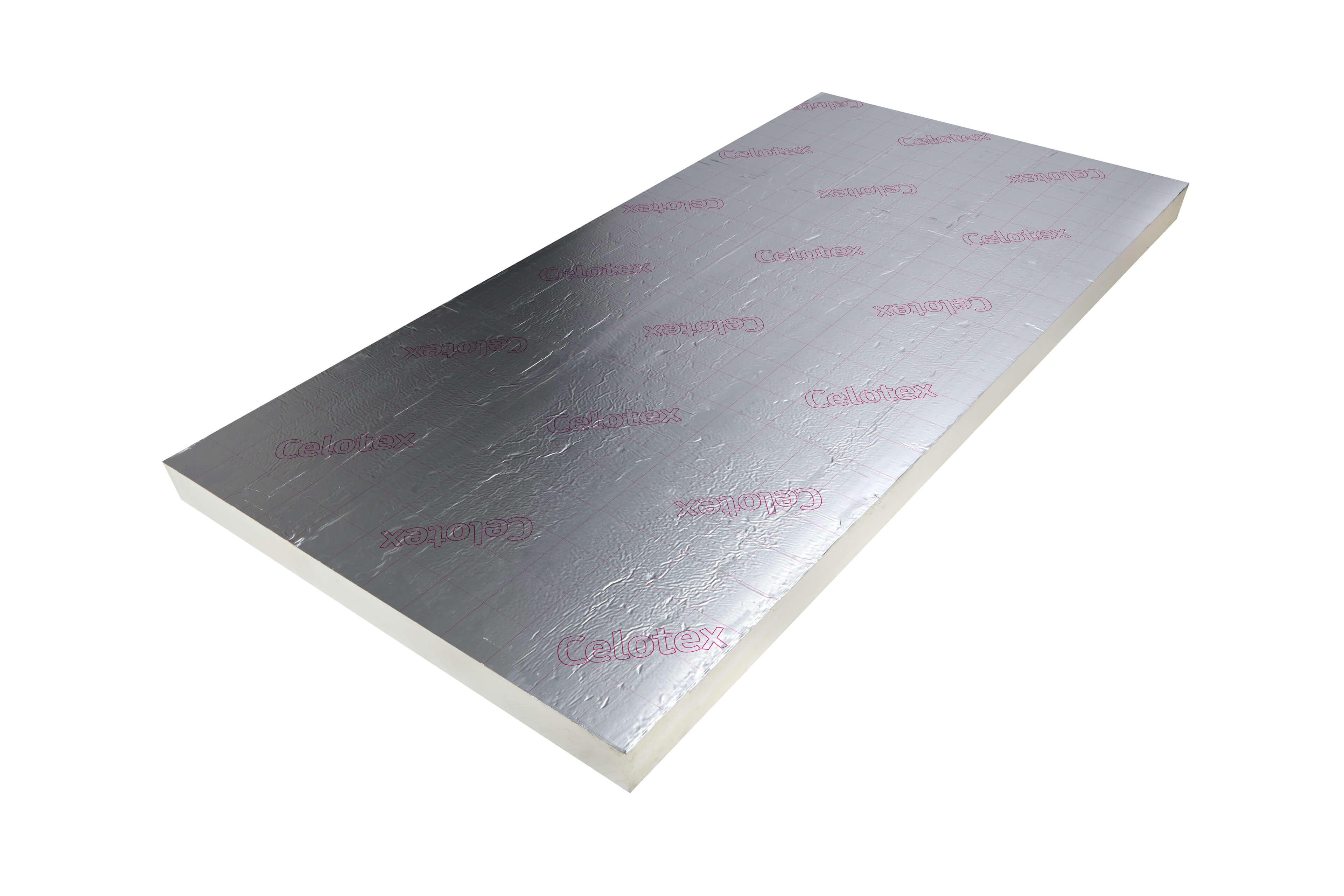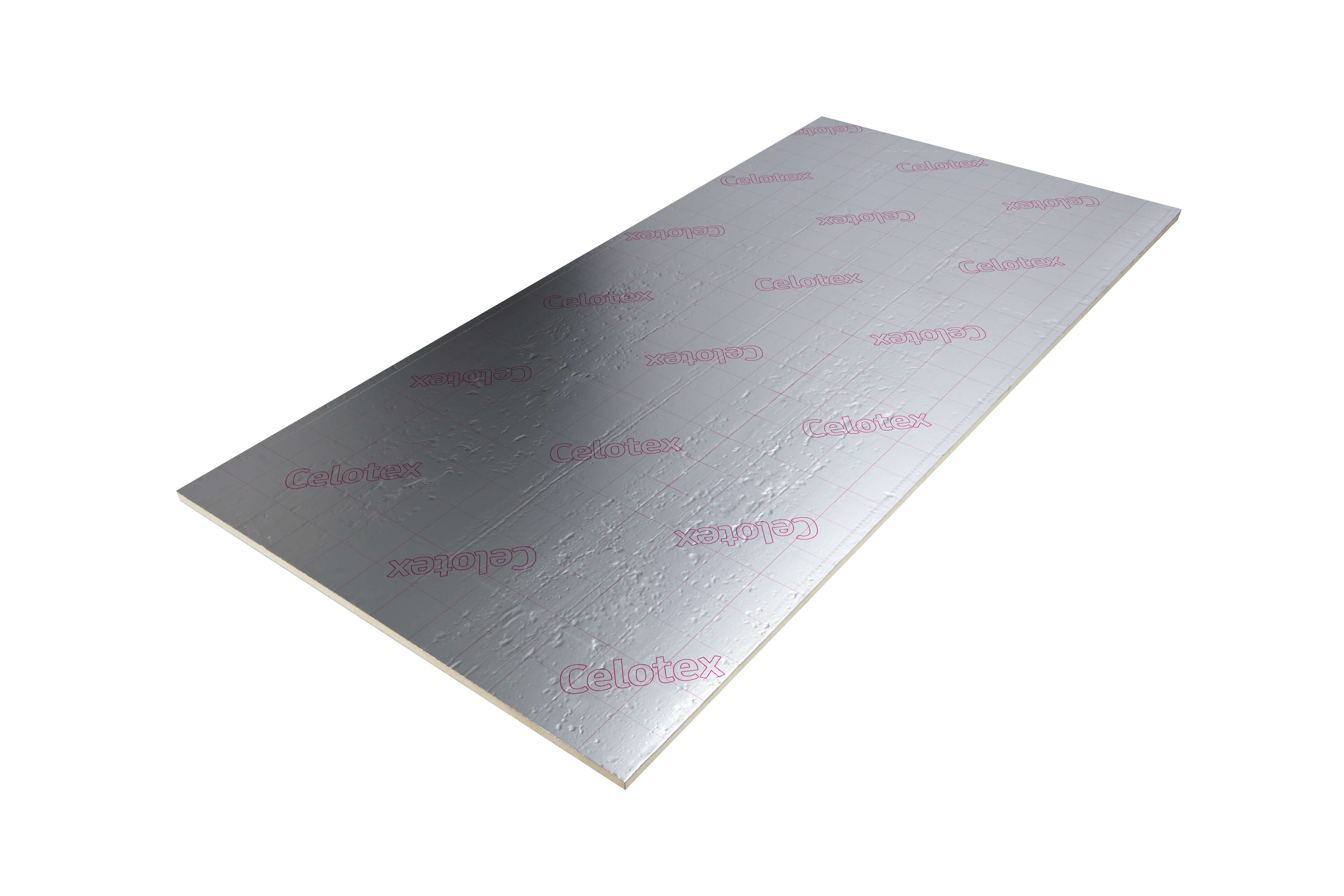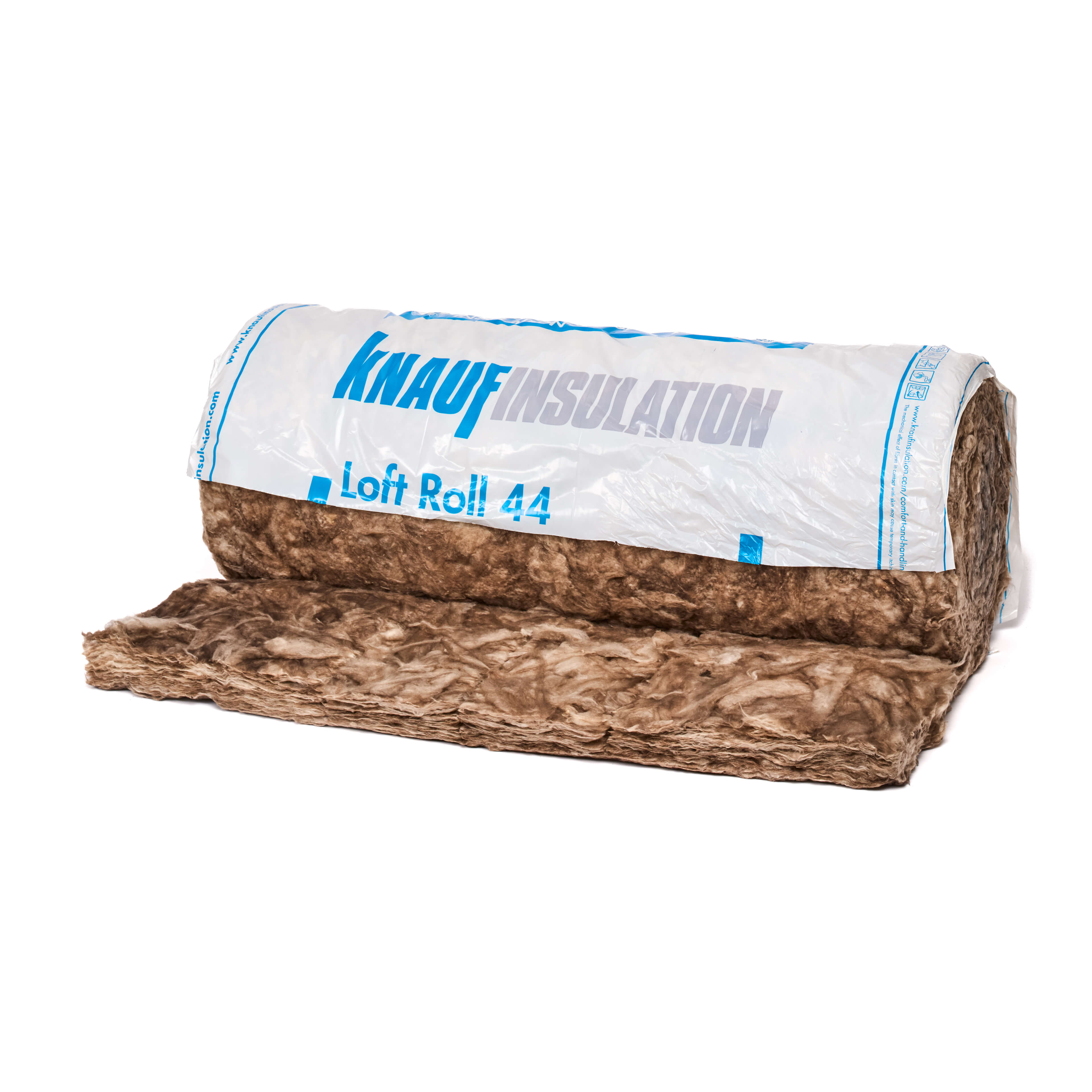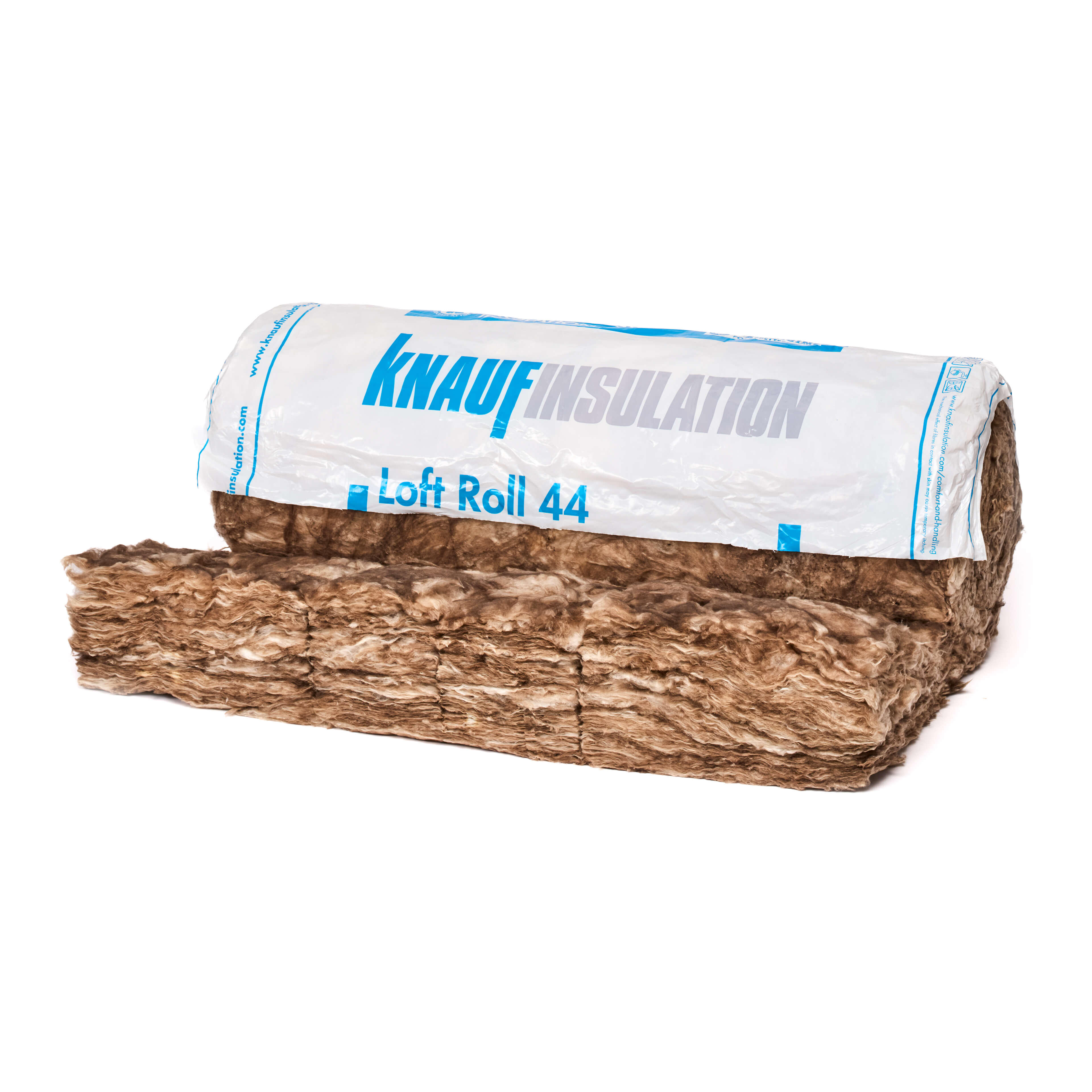Insulation Applications
(287 Products)Insulation is a key element in modern construction and energy-efficient building design. It plays a critical role in regulating temperature, reducing energy consumption, enhancing comfort, and providing safety. Though the basic principle behind insulation - limiting heat, sound, and moisture transfer - is consistent, the applications vary depending on where it is installed. Each area of a building has specific needs, and strategic placement of insulation ensures optimal performance.
Why Insulation is Used in Different Areas
The placement of insulation is not random; it is a deliberate decision based on the functional needs of each space. Different parts of a building face distinct challenges such as temperature fluctuations, moisture issues, or sound transmission, and insulation helps address these challenges in specific ways. The purpose of insulation is to create a controlled internal environment by preventing unwanted heat transfer, reducing noise, and protecting against external elements.
The Purpose of Insulation in Buildings
At its core, insulation works by limiting the transfer of heat, sound, and moisture. Buildings, whether residential or commercial, are constantly interacting with external environmental conditions—extreme temperatures, weather fluctuations, noise, and moisture. Insulation helps mitigate these interactions, ensuring that the interior of a building remains comfortable and energy-efficient, no matter what is happening outside.
- Thermal Insulation: The primary function of insulation is to regulate temperature within the building. In colder climates, insulation helps to keep the warm air inside, reducing the need for heating systems. In warmer climates, it keeps hot air out, reducing the need for air conditioning. This thermal barrier prevents energy loss, which ultimately lowers utility bills and contributes to energy conservation.
- Sound Insulation: Noise is another factor that can impact the comfort and functionality of a building. Insulation plays a key role in soundproofing, reducing the transmission of sound from one space to another. This is particularly important in multi-unit buildings, offices, or homes where privacy and quiet environments are valued.
- Moisture Control: Certain types of insulation materials also help to regulate moisture within a building. By preventing water vapour from passing through walls and ceilings, insulation protects against the formation of mould and mildew, which can lead to health problems and structural damage.
Frequently Asked Applications Questions
Where is Insulation Used in a Building?
Insulation can be used in various parts of a building, including floors, walls, roofs, attics, and basements. It is applied where heat loss, sound transfer, or moisture buildup is a concern. Proper placement helps improve the overall energy efficiency and comfort of the building.
Does Insulation Affect the Value of a Property?
Yes, proper insulation can increase the value of a property by improving its energy efficiency, reducing operating costs, and enhancing comfort. Energy-efficient homes with well-installed insulation are often more attractive to buyers, which can result in a higher resale value.











































